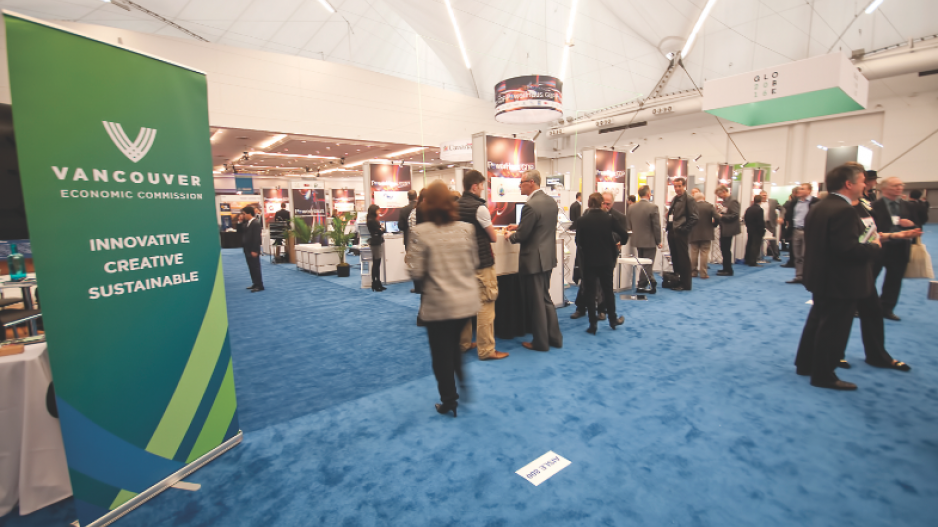A clean-technology declaration signed by Canada and China last month in Ottawa could get domestic firms salivating over market opportunities across the Pacific, say experts.
But Globe 2016 panellists caution that companies must play it safe when protecting their intellectual property before entering the market.
“You should pick a reliable partner,” Wang Yining, secretary general of the China Association of Machinery Industry for Environmental Protection, said through a translator.
He told the audience attending a March 3 panel focused on China’s green transformation that such business partners must have credibility and a strong marketing network and offer legal options should a dispute arise.
In an earlier keynote speech, Wang said that after Beijing approved its 13th five-year plan late last year the market opportunity for clean tech now sits at US$305 billion for water treatment and US$122 billion for soil remediation.
Much of the plan focuses on rehabilitating China’s environment following two decades of massive industrial growth.
This plan is paving the way for Chinese and foreign clean-tech firms to enter the marketplace with substantial government support.
“China needs huge amounts of advanced technology,” said Sun Yuhan, a professor at the Chinese Academy of Sciences.
But he said the country is more interested in establishing collaborations and partnerships than in simply importing foreign clean tech.
Sun echoed Wang’s sentiments about Canadian clean-tech firms attracting a reliable business partner.
While China introduced intellectual property rights courts in 2014, Global Acceleration Partners co-founder Nick Parker told the crowd that those courts are still 10 to 20 years away from gaining credibility.
@reporton



